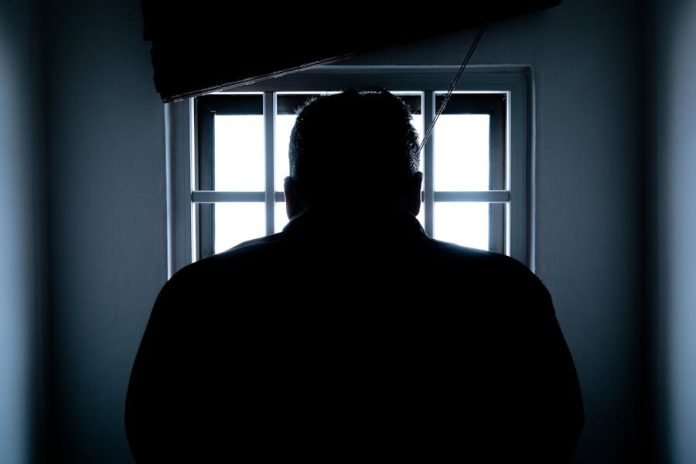
Getting arrested is stressful, especially since you don’t know how things will turn out. But it’s important to remain calm and clear headed. What you do and say right afterward can alter the outcome of your case, your freedom, and your future.
Unfortunately, many people sabotage their own defense by making avoidable mistakes.
This article will break down the seven most common errors people make following an arrest so you can avoid the pitfalls that can harm your case.
1. Talking to police without an attorney
In the moment, some people think they can talk their way out of an arrest, but this usually backfires. If an officer intends to arrest you, you can’t make them change their mind. Since anything you say can be used against you, it’s important not to argue, negotiate, or explain your way out of the arrest. Politely state that you wish to remain silent and request an attorney.
Avoid making even what seem like innocent statements and explanations, since they can be taken out of context or misconstrued. Once you’ve requested an attorney, wait for their presence before answering questions or having a conversation with anyone.
2. Resisting arrest
Resisting arrest is one of the worst mistakes because it can lead to additional charges and complicate your case. Even if your arrest is unjust, you can’t resist without consequences.
Whether you run, argue, or physically struggle, you might get extra charges like resisting or obstructing justice. This can lead to higher bail, no bail, longer detention, and other problems.
It’s critical to stay calm, follow directions, and avoid addressing police misconduct with the officer(s) arresting you. If you were wrongfully arrested or your rights were violated, you can sort the details out later.
3. Consenting to a warrantless search
You have the legal right to refuse searches of your property – like your house and car – without a warrant. If a police officer asks to search your personal belongings, car, or house, respectfully refuse unless they produce a warrant. Don’t allow them to intimidate you by repeatedly asking or telling you they’re going to get a warrant anyway. They might not have probable cause and could be trying to bully you into submission.
If you allow an unwarranted search, it could lead to the discovery of evidence that can be used against you. When police are forced to get a warrant, they have to name the area/property they intend to search and describe what they’re looking for. When you consent to a warrantless search, you’re basically giving them free access to your belongings.
4. Posting on social media
Social media posts can be used as evidence in court, so it’s best to avoid posting about your arrest, your case, or anything that led to the situation.
Keep in mind that even if your accounts aren’t public, you could be required to provide your password so the judge can access your account. Private accounts aren’t protected, so don’t make friends-only posts about your situation. Also, avoid deleting posts because they can be recovered and used against you.
5. Missing court dates
Failure to appear can lead to serious consequences, so do whatever it takes to keep track of your court dates. Put them in your calendar and set alarms if you need an extra reminder. Your attorney will keep you informed regarding where and when you are to appear, and if you can’t make it for some reason, tell your attorney right away.
6. Trying to self-represent
Representing yourself outside of small claims court is a bad idea. Criminal charges come with serious consequences, and if you don’t know what you’re doing, you can end up with an unfavorable outcome. For instance, you won’t know how to negotiate a plea bargain and you could get stuck with more jail time and fines than you’d receive if you had an attorney.
7. Pleading guilty to “get it over with”
There is nothing quick about entering a guilty plea. Pleading guilty just to get your situation over with is one of the worst mistakes you can make. A guilty plea means the prosecution doesn’t need to prove their case to get a conviction, even if they don’t have enough evidence against you. Pleading guilty is a fast way to get the maximum sentence and lose access to a plea bargain.
Protect your rights from the start
The best way to avoid the mistakes outlined in this article is by immediately seeking legal counsel. Don’t leave your case up to chance. A criminal defense lawyer will safeguard your rights and work hard to get you a favorable case outcome.

